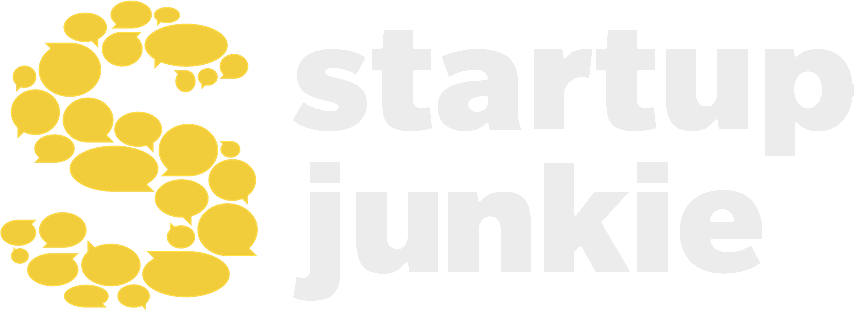Hey everyone! Welcome back to another fun week with the crew. This week, Caleb Talley and Matthew Ward zoom with Bo Lais, founder of Lula and co-founder of the KC Collective. Lula provides a wide range of on-demand maintenance and make ready services for property owners, managers, and real estate investors which saves companies time, money, and effort. The KC Collective leverages networks to provide introductions, mentorship, generous perks and discounts from partners, along with the education and resources necessary for driving business forward in Kansas City. In this episode, you will hear about the ideation of Lula and The KC Collective, the key components behind a successful venture ecosystem, and insights around raising venture capital. Check it out!
Shownotes
(2:24) Introducing Lula
(5:46) KC Collective
(10:20) Surprises of working with KC Collective
(12:42) Creating a strong entrepreneurial ecosystem
(14:40) A silver lining from the pandemic
(18:14) Raising capital for Lula
(21:13) Working with Pipeline
(26:44) Advice for the younger self
(28:27) Wrapping up
Links
Quotes
“You really need universities, corporations, and they need government, right? You need all of them to play nicely with one another in order to be a really strong, entrepreneurial city.” (13:08)
“We’re always asking, you know, investors to take more risks but on the other side, you know, I think that founders, I think we need to do bigger things. We need to have more exits, right? More exits and bigger exits.” (17:07)
Bo Lais – Lula and The KC Collective
As you integrate into an entrepreneurial ecosystem, one thing that you begin to find as commonplace is people having their hands in multiple projects. Whether they are responsible for founding multiple companies over a decade or investing in startups while heading up larger corporations, people in entrepreneurial communities are often involved through various avenues.
Bo Lais is no exception to this rule. He has founded three companies and is the co-founder of KC Collective, a nonprofit organization built to assist early-stage founders and first-time founders in leveraging each other’s network to create a thriving entrepreneurial ecosystem in Kansas City. They assist in making connections as well as perks for businesses that have a membership to the community.
While membership to KC Collective is free, there are a few qualifications to joining. These include being a founder based in Kansas City with an early-stage startup that you are actively pushing forward.
Lais is happy to see the Kansas City entrepreneurial market grow as much as it has, but he believes there are still several improvements to make. For one, he thinks that investors should be willing to take more risks. For this to happen, Lais says that there need to be more founders that make big exits.
“We’re always asking, you know, investors to take more risks but on the other side, you know, I think that founders, I think we need to do bigger things. We need to have more exits, right? More exits and bigger exits.” (17:07)
While Lais co-founded KC Collective, he is also the founder of Lula, an app built to connect property managers with service contractors such as plumbers, electricians, and HVAC technicians. When Lais created Lula, he focused the app on connecting homeowners with contractors, but the app quickly pivoted direction as it gained market insight.
Twelve months after it hit the market, 80% of Lula’s jobs came from 20% of its market. From this info, Lais gathered that DIY landlords and property management companies were the app’s primary users. Lula provided a solution to a problem it did not know existed. Landlords continuously struggle to get technicians to their properties to fix tenants’ issues, but Lula presented a platform to connect all three parties and facilitate a solution.
Lula connects with all of the leading property management softwares, including AppFolio, Buildium, and Rent Manager, making it useful across the board for a large majority of mid-tier property managers.
Lais attributes much of Lula’s success to understanding who their ideal customer was. By assessing market research, it became apparent that they should market primarily to property managers of single-family home rentals with 100-200 properties. They can then partner with other companies to reach the DIY property managers of 1-100 rentals.
Lula is an ideal example of a successful business because it looked at market factors and made decisions based on market research. Rather than forcing themselves into the market, Lula chose to fill a hole that existed within the market.
